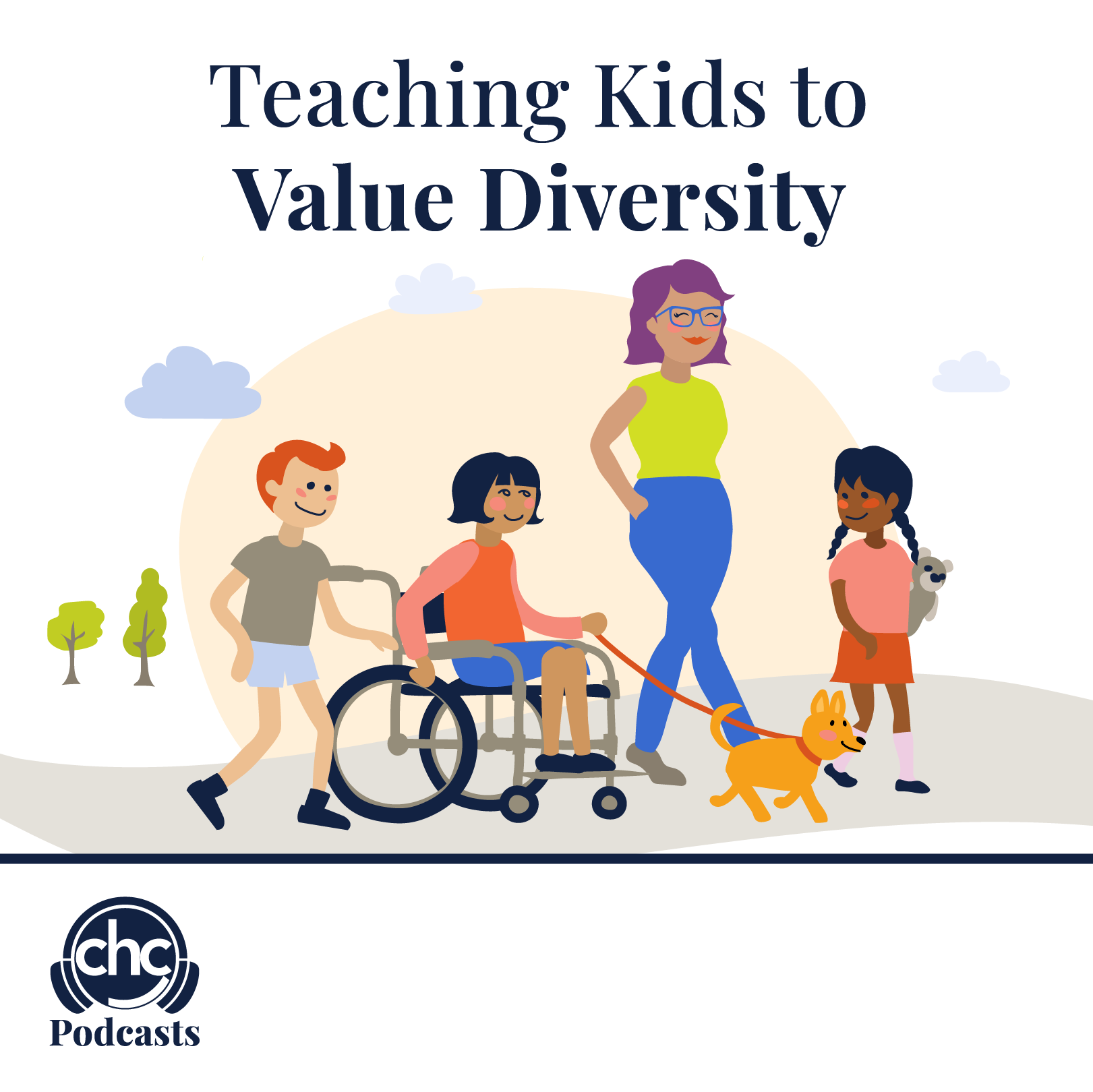Why Is It Important to Talk About Race and Racism?
 When we teach kids early on that it’s OK to talk about race, we help them to understand, respect, and appreciate the differences between people. This builds empathy and compassion for others so that kids are better able to see when things in their world seem unjust or unfair — and can do something about it.
When we teach kids early on that it’s OK to talk about race, we help them to understand, respect, and appreciate the differences between people. This builds empathy and compassion for others so that kids are better able to see when things in their world seem unjust or unfair — and can do something about it.
What’s the Best Way to Talk About Race and Racism?
Here are some ways to get the conversation started, and keep it going:
First, get the facts. By learning about the issues, you’ll be better able to report them. Listen to a podcast, watch a show, or read up on the history of racism and civil rights so that you’re prepared to talk and answer any questions.
Clarify your family’s values. Use your words, your example, and your actions to show your children what you believe in. Values to focus on can include equal treatment for all, justice, standing up for those who are suffering, and respecting all people no matter the color of their skin, the language they speak, or other differences.
Speak in simple terms. Don’t overwhelm kids with too much information. State the facts, simply and clearly. If you want to address something that’s happened in the news, be honest about what happened, but don’t give kids more info than they need.
Be age-appropriate. Topics of race and racism are big-picture issues, and this can be hard for younger kids to grasp.
Talking to Children at Different Ages
Preschoolers: Kids this age are learning about right and wrong, and have a keen sense of fairness (and they’ll let you know about it!). So talk about what’s fair and what’s not. Give examples kids can relate to, such as: “What if someone made a rule that says everyone with [your child’s hair or eye color] has to eat a different snack at snack time than the rest of the class? Does that seem fair?”
School-age kids: Use practical examples like, “How would you feel if someone held on to all the swings during recess and didn’t give any other kids a turn?” Or, “How would you feel if you saw a fifth-grader bullying a first-grader?” Then, connect these questions to real-life examples of groups of people who have been discriminated against. Asking questions like these helps to increase kids’ empathy and spark their passion to stand up for others.
Preteens and teens: They can understand how someone might feel if they are a target of racism, but they may feel helpless to do anything about it. Brainstorming ways to help — such as speaking up for a friend who’s bullied or excluded because of skin color, or writing letters to school principals or elected officials — can help kids feel empowered.
It’s OK not to have all the answers. If you don’t know how to answer something, be honest and say so. Tell your child that you’ll find out and share what you’ve learned.
Things You Can Do as a Family
Parents can do many things to raise compassionate kids who want to help others.
- Befriend people who are different.
- Learn about other cultures.
- Speak up.
Talk often as a family and do things together to learn about and celebrate the differences between people. You’ll help nurture your child’s empathy for other people, and your own.
Excerpted from “Why Is It Important to Talk About Race and Racism?” in KidsHealth. Read the full article online for more details and recommendations.
Source: KidsHealth | Why Is It Important to Talk About Race and Racism?, https://kidshealth.org/en/parents/talk-about-race.html | © 1995-2023 The Nemours Foundation
Do you need someone to talk to? To schedule an evaluation or to get advice about your child’s or teen’s challenges, call or email a CHC Care Coordinator at 650.688.3625 or careteam@chconline.org CHC teletherapy services are available now.





